Find Help
More Items From Ergsy search
-

What is angina and how is it treated?
Relevance: 100%
-
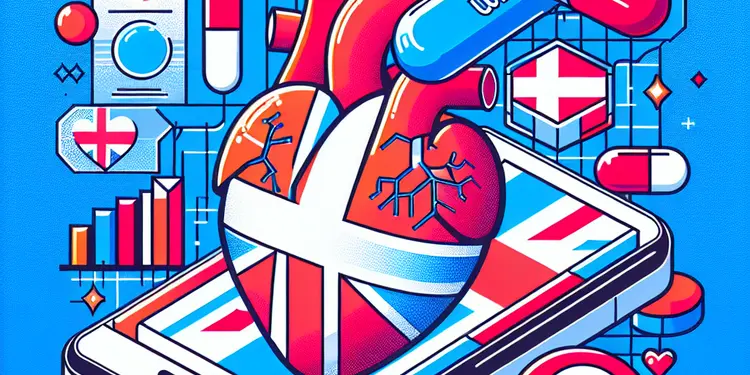
Do calcium channel blockers help in preventing heart attacks?
Relevance: 40%
-
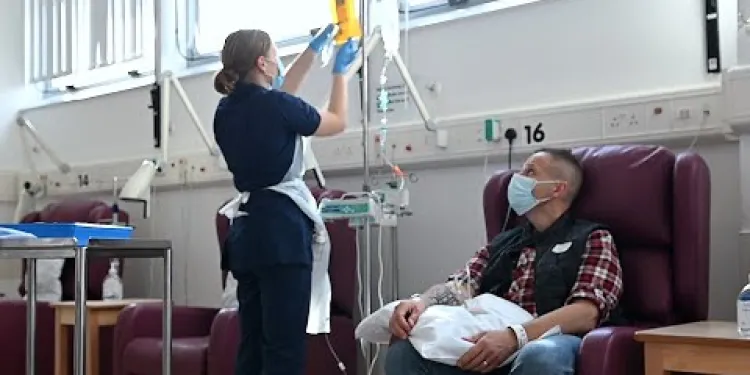
Having chemotherapy and other treatments in the Day Treatment Unit
Relevance: 33%
-
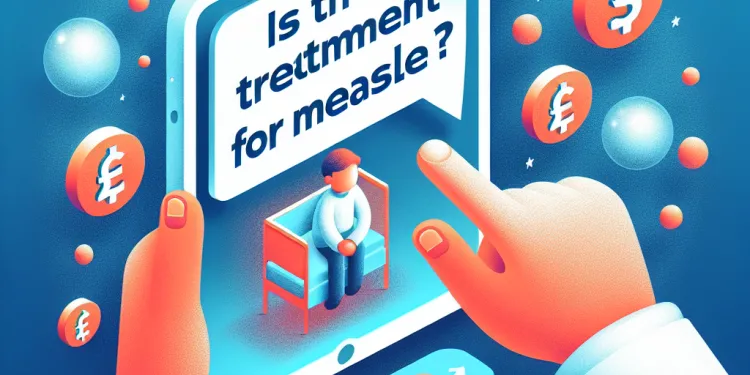
Is there a treatment for measles?
Relevance: 32%
-
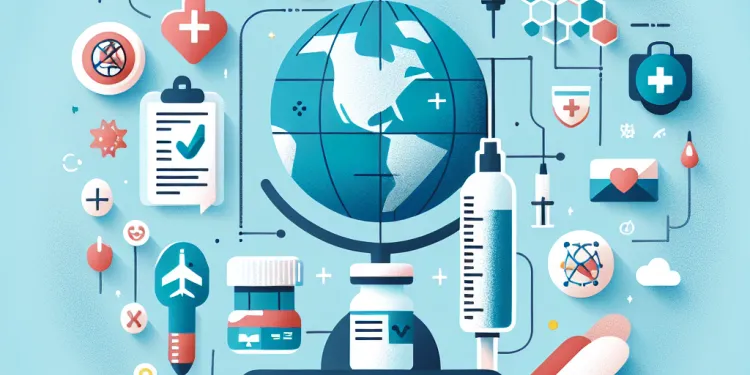
Is there a treatment for measles?
Relevance: 32%
-
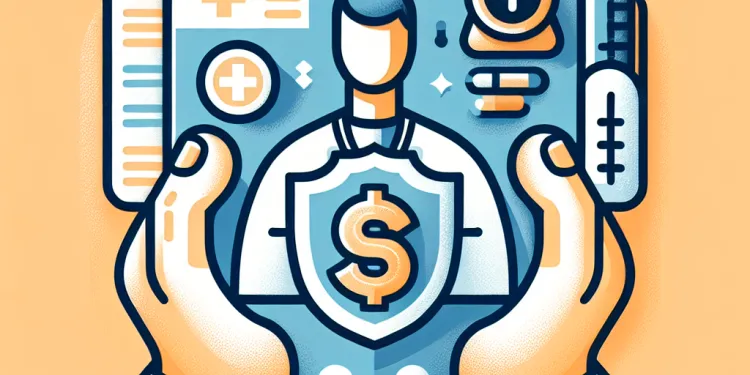
Are chiropractic treatments safe?
Relevance: 31%
-

Is Botox treatment expensive?
Relevance: 31%
-
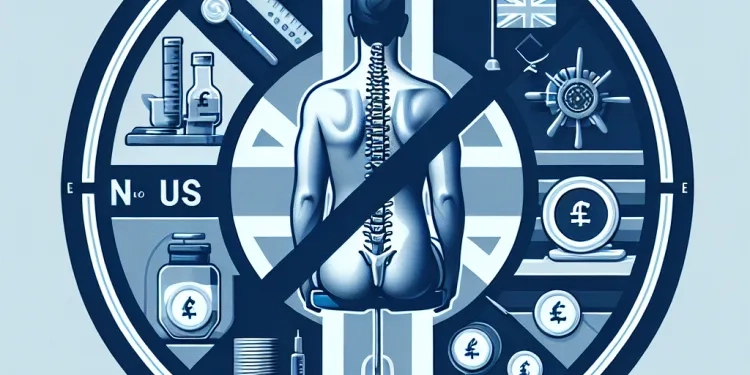
Are chiropractic treatments painful?
Relevance: 31%
-
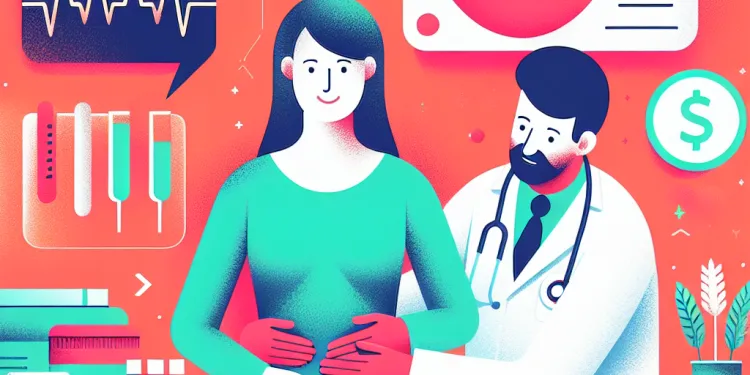
What is the treatment for appendicitis?
Relevance: 31%
-
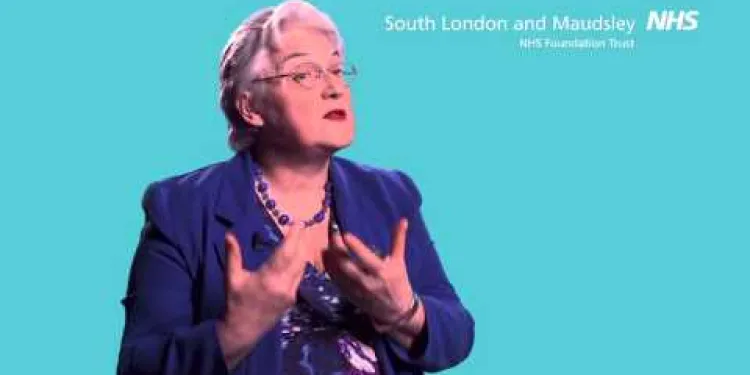
Eating disorders: treatment
Relevance: 31%
-
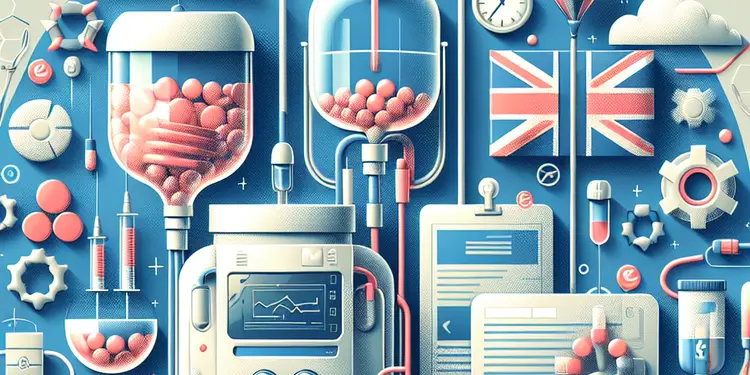
Is Paillon treatment a form of chemotherapy?
Relevance: 30%
-
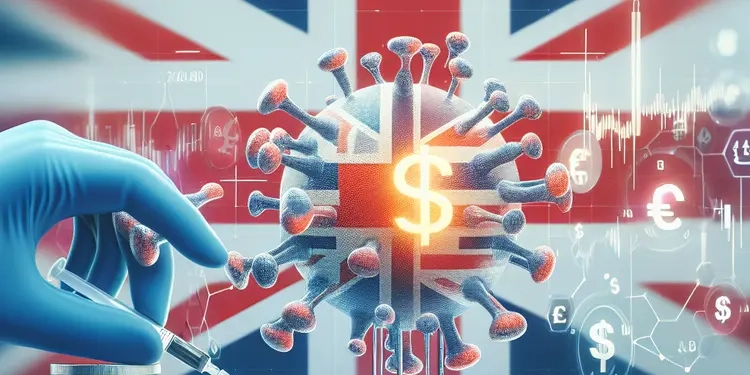
What is Paillon treatment for cancer?
Relevance: 30%
-
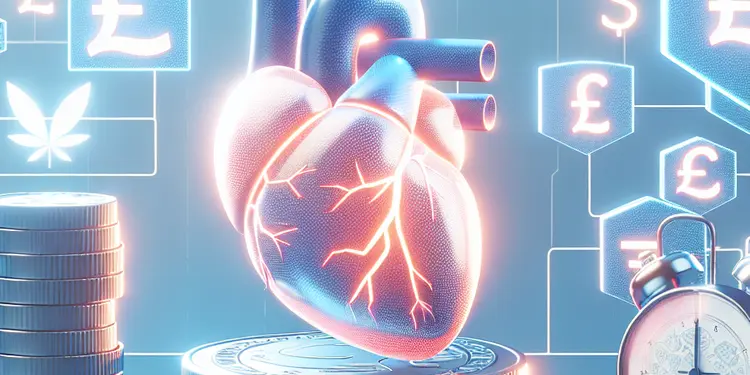
How do beta-blockers contribute to heart attack prevention?
Relevance: 30%
-

Who developed the Paillon treatment?
Relevance: 30%
-
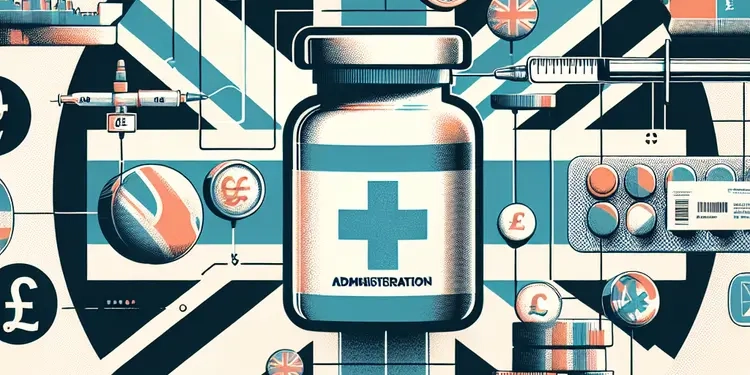
How is Paillon treatment administered?
Relevance: 30%
-
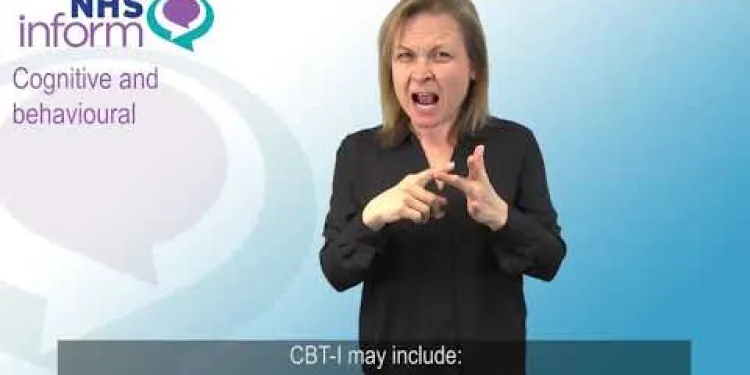
BSL - Treatments for insomnia
Relevance: 30%
-
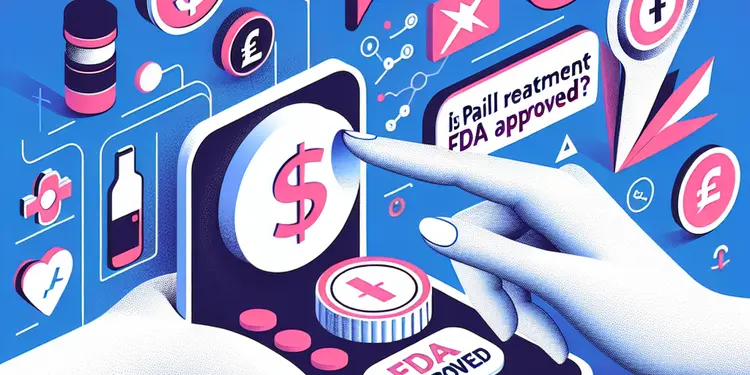
Is Paillon treatment FDA approved?
Relevance: 30%
-

Is a prescription required for Paillon treatment?
Relevance: 30%
-
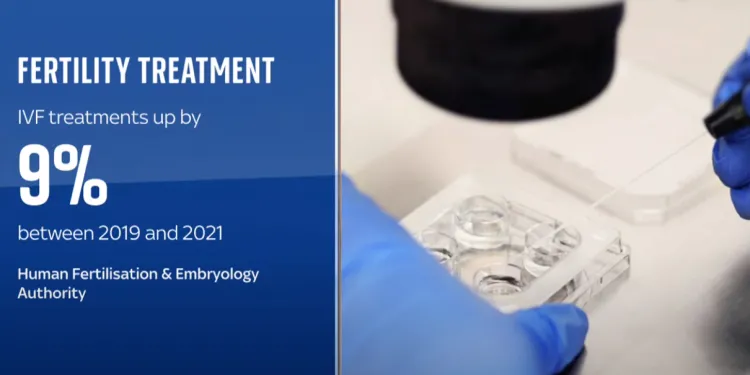
Fertility treatments on the up, but not via the NHS
Relevance: 30%
-

What are topical treatments for psoriasis?
Relevance: 30%
-
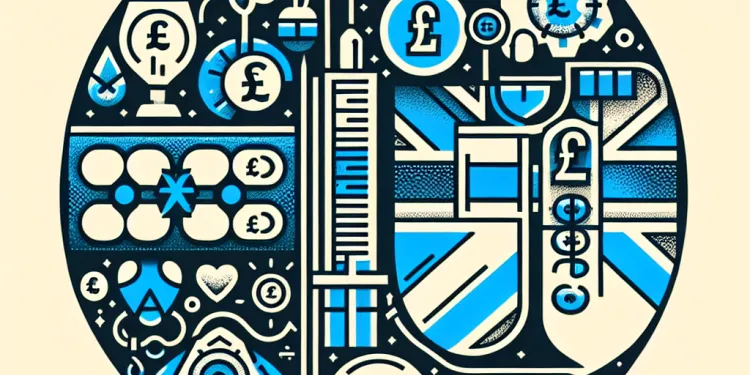
What treatments are available for eczema?
Relevance: 30%
-

What is the treatment for chickenpox?
Relevance: 29%
-
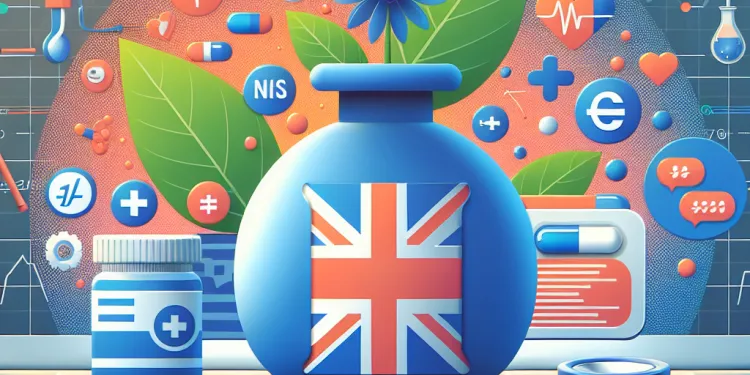
Are homeopathic treatments covered by the NHS?
Relevance: 29%
-
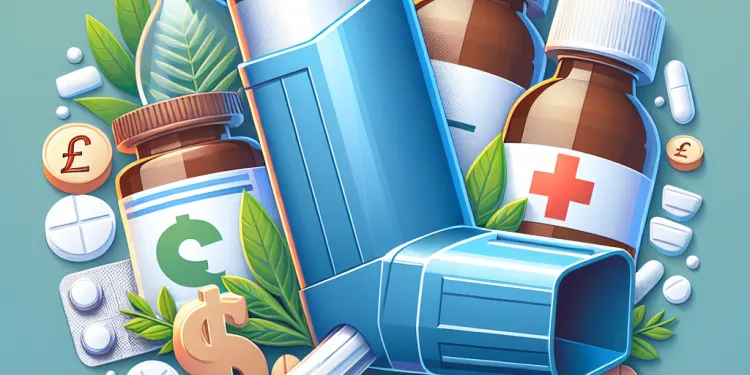
Are inhalers the only treatment for asthma?
Relevance: 29%
-
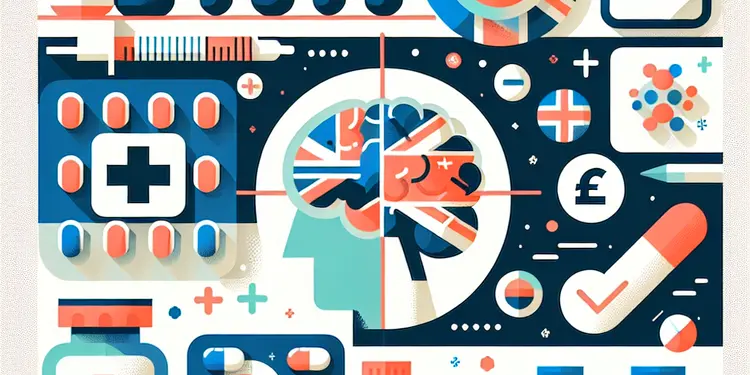
What is the treatment for bacterial meningitis?
Relevance: 29%
-

What are common treatments for ADHD?
Relevance: 29%
-
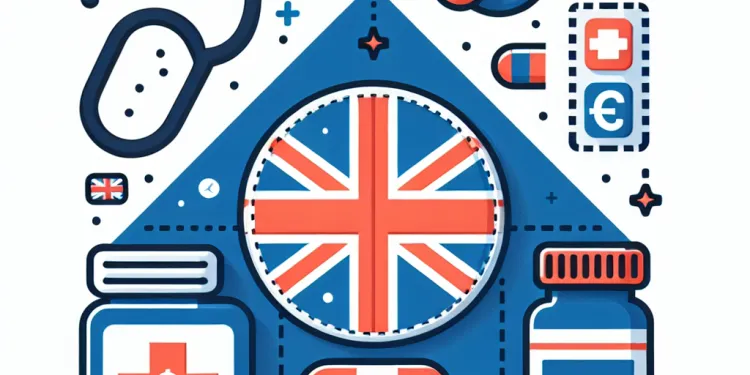
What treatments are available for shingles?
Relevance: 29%
-
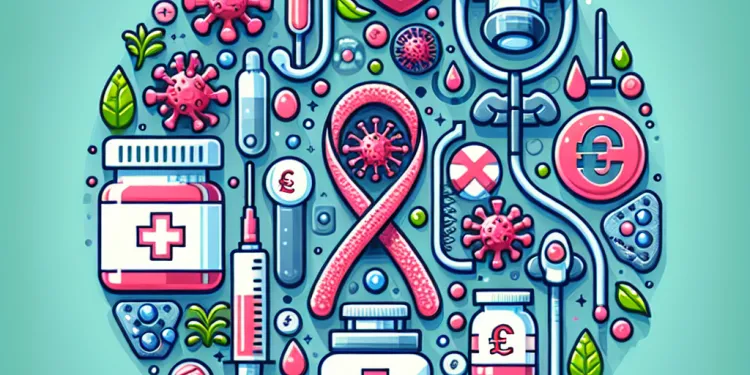
What treatments are available for shingles?
Relevance: 29%
-
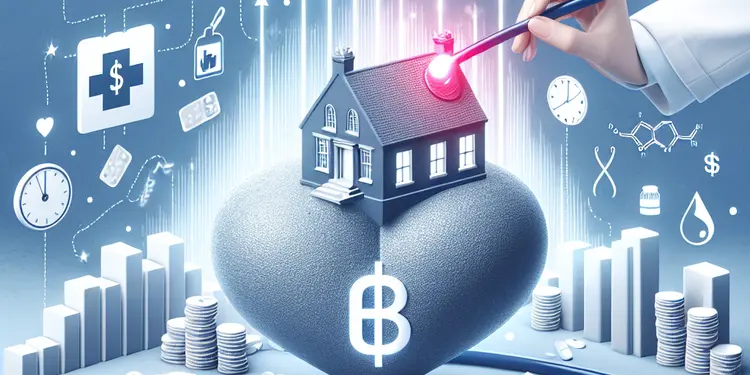
What are the treatment options for BPH?
Relevance: 29%
-
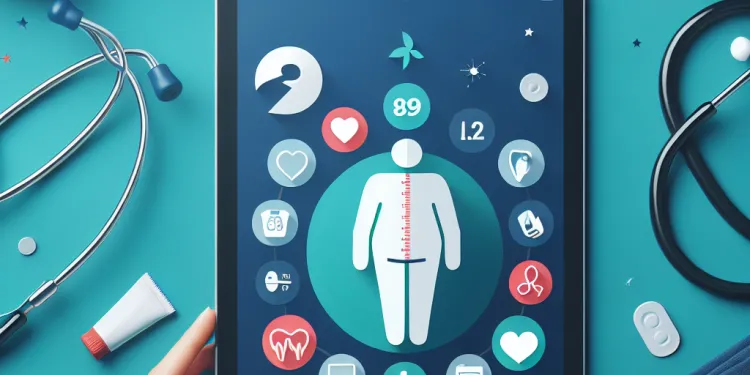
What treatments are available for obesity?
Relevance: 29%
-

The treatment approach for an eating disorder
Relevance: 29%
-
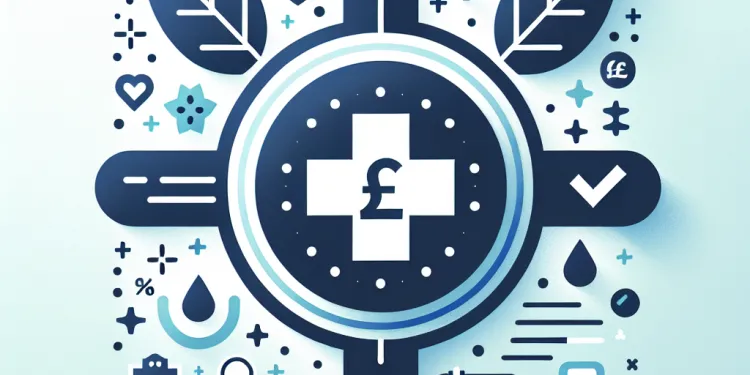
Are there treatments for West Nile Virus?
Relevance: 29%
-
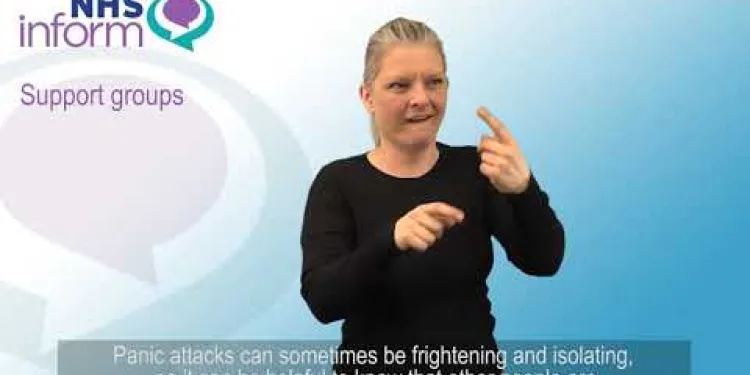
BSL - Treatment of panic disorder
Relevance: 29%
-
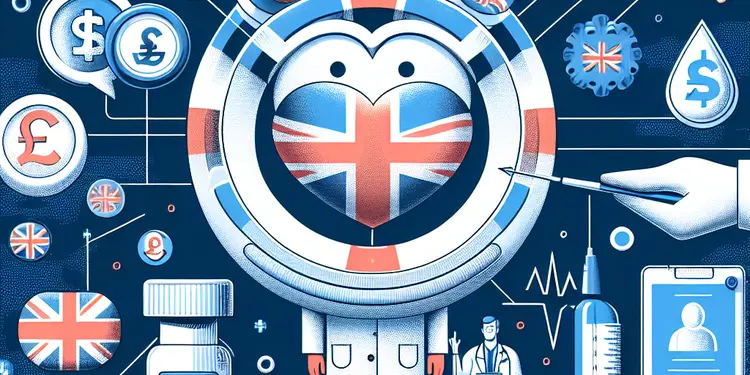
What treatments are available for hypotony?
Relevance: 29%
-
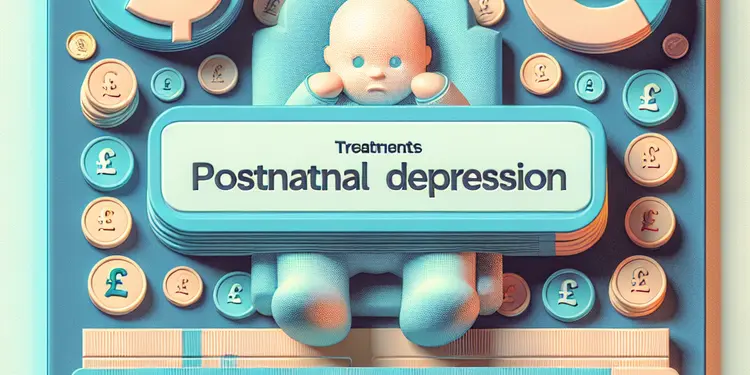
Are there treatments available for postnatal depression?
Relevance: 29%
-

Hernias and their Treatments - A guide for patients
Relevance: 29%
-

What are the success rates of Paillon treatment?
Relevance: 28%
-

What is the new treatment for hepatitis C like?
Relevance: 28%
-
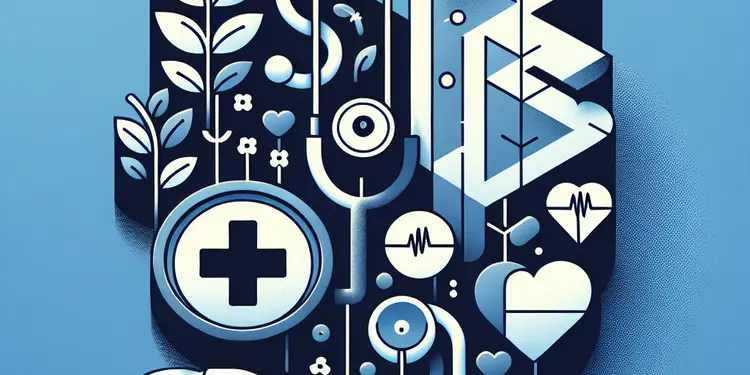
What are the costs associated with Paillon treatment?
Relevance: 28%
-

Can I receive specialized treatment in EU countries?
Relevance: 28%
What is Angina?
Angina is a type of chest pain caused by reduced blood flow to the heart muscles. It occurs when the coronary arteries, which supply blood to the heart, become narrowed or blocked due to a build-up of fatty deposits. Angina is often a symptom of coronary artery disease and can be triggered by physical exertion, stress, or even heavy meals. It typically presents as a pressure or squeezing sensation in the chest but can also manifest as pain in the shoulders, arms, neck, jaw, or back.
Types of Angina
There are several types of angina:
- Stable Angina: This is the most common type and occurs during physical activity or stress. It usually lasts a few minutes and is relieved by rest or medication.
- Unstable Angina: This type is more severe and can occur at rest. It may last longer and require immediate medical attention as it can precede a heart attack.
- Variant (Prinzmetal's) Angina: Caused by a spasm in the coronary arteries, this type of angina often occurs at rest and can be quite severe.
How is Angina Treated?
The treatment for angina aims to reduce symptoms and prevent heart attacks and other complications. Common treatments include:
- Lifestyle Changes: Doctors may recommend adopting a healthier diet, engaging in regular exercise, quitting smoking, and managing stress levels.
- Medication: Several types of medications can help manage angina, including nitrates (to ease chest pain), beta-blockers, calcium channel blockers, aspirin, and statins to lower cholesterol.
- Surgery: In severe cases, procedures like angioplasty (to open blocked arteries) or coronary artery bypass surgery (to bypass blocked arteries) may be necessary.
It is essential for individuals experiencing symptoms of angina to consult their healthcare provider for an accurate diagnosis and tailored treatment plan. Managing risk factors and adhering to prescribed treatments can significantly improve quality of life and reduce the risk of severe cardiac events.
Where to Seek Help in the UK
In the United Kingdom, individuals with angina can seek help from the National Health Service (NHS) which provides extensive resources and support for heart conditions. Patients can start by consulting their GP (General Practitioner) for initial advice, diagnosis, and treatment. For emergencies, such as unstable angina or a heart attack, patients should call 999 for immediate assistance.
What is Angina?
Angina is a pain in the chest. It happens when the heart does not get enough blood. This is because the tubes that carry blood to the heart are too narrow. Angina can feel like a tight or squeezing feeling in the chest. It might also hurt in your shoulders, arms, neck, jaw, or back.
Types of Angina
There are different types of angina:
- Stable Angina: This type happens when you do things like exercise or feel stressed. It goes away if you rest or take medicine.
- Unstable Angina: This type is more serious and can happen when you are resting. You need to see a doctor fast because it can lead to a heart attack.
- Variant (Prinzmetal's) Angina: This happens because of a sudden tightening of the tubes that carry blood to the heart. It can be very painful and usually happens when you are resting.
How is Angina Treated?
To help with angina, you can do a few things:
- Lifestyle Changes: Eat healthy food, exercise regularly, stop smoking, and try to stay calm.
- Medication: Doctors might give you medicine to help. Some medicines can help your chest pain, while others help keep your heart healthy.
- Surgery: In some cases, doctors might need to do an operation to help blood flow better.
If you have chest pain, it is important to see a doctor. They can tell you what to do to feel better and keep your heart healthy.
Where to Seek Help in the UK
If you live in the UK and have angina, the NHS can help you. You can talk to your GP (a kind of doctor) to get advice and treatment. If it is an emergency, like a heart attack, call 999 straight away.
Frequently Asked Questions
What is angina?
Angina is a type of chest pain caused by reduced blood flow to the heart muscles. It’s often a symptom of coronary artery disease.
What are the symptoms of angina?
Symptoms include chest pain or discomfort, usually described as squeezing, pressure, heaviness, or tightness. It can also cause pain in the arms, neck, jaw, shoulder, or back.
What triggers angina?
Common triggers include physical exertion, stress, cold weather, heavy meals, and smoking.
What are the types of angina?
The main types are stable angina, which follows a predictable pattern, and unstable angina, which is more unpredictable and serious.
How is angina diagnosed?
Diagnosis can involve a physical exam, electrocardiogram (ECG), stress tests, blood tests, and imaging studies like coronary angiography.
Can angina be cured?
While angina can't be cured, it can be managed effectively with lifestyle changes, medications, and sometimes surgery.
What lifestyle changes help manage angina?
Changes include quitting smoking, eating a healthy diet, exercising regularly, maintaining a healthy weight, and managing stress.
What medications are commonly used to treat angina?
Medications include nitrates, aspirin, beta-blockers, statins, calcium channel blockers, and antiplatelet drugs.
When should I seek emergency help for angina?
Seek immediate help if you experience chest pain that is new, worsening, or lasts longer than a few minutes, as it could indicate a heart attack.
Are surgical options available for treating angina?
Yes, procedures like angioplasty, where blocked arteries are opened, and coronary artery bypass surgery can improve blood flow to the heart.
How does stress contribute to angina?
Stress increases the heart's workload and blood pressure, which can trigger or worsen angina.
Is angina more common in a particular age group?
Angina is more common in older adults, especially those over 50, but can occur at any age if risk factors are present.
Can angina occur without chest pain?
Yes, it's called silent angina and can occur without noticeable symptoms, particularly in individuals with diabetes.
What is the prognosis for someone with angina?
With proper management, many people with angina can lead active, normal lives. However, it requires ongoing medical care to control the condition and prevent complications.
Can diet affect angina?
Yes, a heart-healthy diet rich in fruits, vegetables, whole grains, and low-fat proteins can help manage angina and improve heart health.
What is angina?
Angina is a pain in your chest. It happens when your heart does not get enough blood. It can feel tight or heavy. Angina usually happens because the tubes that carry blood to your heart are narrow.
If you feel chest pain, it is important to tell someone. You should talk to a doctor. They can help you feel better.
Tools like picture charts or a simple app can help explain more about angina. Using these tools, you can learn ways to stay healthy.
Angina is when your chest hurts because not enough blood is getting to your heart. It can happen if you have a problem with your heart called coronary artery disease.
What are the signs of angina?
Angina is a pain or tight feeling in your chest. Here are some signs:
- It can feel like someone is squeezing your chest.
- You might feel pain in your arms, neck, back, or jaw.
- You could also feel short of breath.
- Sometimes you might feel sick or dizzy.
If you have these signs, it is important to tell an adult or a doctor. They can help you.
Using pictures or asking someone to explain can help you understand better.
Signs you might feel are chest pain or feeling uncomfortable in your chest. It might feel like something is squeezing, pressing down, or is heavy or tight. You might feel this pain in your arms, neck, jaw, shoulder, or back.
What causes angina?
Angina is chest pain. It happens when your heart does not get enough blood. Here are some things that can cause it:
- Running or walking very fast.
- Feeling very worried or scared.
- Eating too much food.
If you feel chest pain, tell an adult or your doctor.
Using simple apps or audiobooks can help make reading easier.
Some things can make it harder to breathe. These things are called triggers. Here are some common ones:
- Working out hard or running too much.
- Feeling really worried or stressed.
- Cold weather.
- Eating big meals.
- Smoking.
If any of these make breathing hard, it can help to avoid them. Or tell a grown-up or someone who can help. You might also try deep breathing exercises to help feel better.
What kinds of angina are there?
There are two main types of angina.
The first type is called stable angina. This one happens in a pattern you can predict.
The second type is called unstable angina. This one is not predictable and is more serious.
If you or someone you know has a hard time with reading, try using tools like audio books or reading apps that make the words bigger. These can help you understand things better.
How do doctors find out if someone has angina?
Doctors can do some tests to see if a person has angina. Here’s how:
- Ask Questions: The doctor asks about pain in the chest and how you feel. They want to know when it happens.
- Listen to Your Heart: The doctor listens to your heart and checks your body.
- Heart Test (ECG): You might have a test called an ECG. It looks at how your heart is working.
- Exercise Test: Sometimes, doctors ask you to walk on a treadmill. This test checks your heart while you walk.
- Pictures of Your Heart: A special camera can take pictures to see how your heart looks inside.
If you think you have angina, it's good to talk to a doctor. They will help find out and make you feel better.
To find out what's wrong, the doctor might: look at your body, check your heart with an ECG, see how your heart works when you exercise, test your blood, and take special pictures of your heart.
Can Angina Be Cured?
Angina is a pain in the chest. It happens when the heart does not get enough blood.
Angina cannot be fixed like a broken toy. But doctors can help you feel better. Medicines and a healthy lifestyle can help manage it.
Here are things you can do:
- Eat healthy food.
- Exercise regularly.
- Take the medicine your doctor gives you.
- Do not smoke.
- Try to stay calm and not stress too much.
It is important to see your doctor often.
We can't fix angina, but we can make it better. You can do this by changing how you live, taking medicine, and sometimes having surgery.
How can I change my life to help with angina?
Here are some changes you can make:
- Stop smoking.
- Eat healthy foods.
- Exercise often.
- Keep a healthy weight.
- Find ways to relax and feel less stressed.
What medicines help with angina?
People with angina often have chest pain because their heart needs more blood. Medicines can help. Here are some medicines doctors often suggest:
- Nitroglycerin: This makes blood go more easily to the heart, stopping pain.
- Beta-blockers: These help the heart work less hard and keep it safe.
- Calcium channel blockers: These relax blood vessels, helping blood flow better.
- Aspirin: This medicine stops blood clots, helping blood flow easily.
When you take these medicines, ask a doctor how and when to take them. You can also use a pill box to remember to take your medicines.
Medicines can help you feel better. Here are some medicines that might help:
- Nitrates
- Aspirin
- Beta-blockers
- Statins
- Calcium channel blockers
- Antiplatelet drugs
These medicines help with different health problems. It's good to talk to a doctor about using them.
When should I ask for emergency help for chest pain?
If you feel chest pain, it might be angina. Here is when to get help fast:
- Strong Pain: If the chest pain is very bad.
- Pain Lasts: If the pain stays for more than 5 minutes.
- Not Better with Rest: If resting does not make the pain go away.
- Trouble Breathing: If you find it hard to breathe.
- Pain in Other Places: If the pain moves to your arm, neck, or jaw.
If any of these happen, call emergency services right away.
Tips:
- Ask someone nearby for help.
- Try to stay calm and sit down.
If your chest starts to hurt and it's new, getting worse, or doesn't stop after a few minutes, get help right away. It might be a sign of a heart attack.
Can doctors do surgery to help with angina?
Yes, there are operations that can help your heart. One is called angioplasty. It opens up blocked tubes in your heart. Another operation is called coronary artery bypass surgery. It helps blood flow better to your heart.
If you find this hard to read, you can try using a ruler or your finger to follow along. Listening to the text being read aloud might also help.
How does stress cause chest pain?
Feeling very worried or scared can sometimes make your chest hurt. This is called angina. It's like when your heart is saying it needs a rest. It's important to stay calm and ask for help if this happens.
Try to take deep breaths when you feel stressed. This can help your heart feel better. Talking to someone you trust can also help. They can listen and give you advice.
When you feel stress, your heart works harder and blood pressure goes up. This can cause chest pain called angina or make it worse.
Who gets angina the most?
Angina is a feeling of pain or pressure in the chest.
It happens when the heart does not get enough blood.
Usually, older people get angina more often.
It is a good idea to talk to a doctor if you are worried.
Using pictures or charts can help you understand better.
Angina happens more often in older people, especially those who are over 50 years old. But anyone can get it if they have certain health risks.
Can you have angina without chest pain?
Yes, it's called silent angina. It can happen without you feeling it. People with diabetes can get it more often.
What can happen if someone has angina?
Angina is when the heart needs more blood.
It can feel like chest pain or pressure.
Doctors can help with medicine or treatments.
Learning about healthy eating and exercise can help.
Using a pill box can help remember medicines.
Visit the doctor regularly for check-ups.
Ask for help from family or friends when needed.
With the right care, people with chest pain can live normal and active lives. But they need to keep seeing their doctor to stay healthy and stop any problems.
Can food change how angina feels?
Angina is chest pain. It happens when your heart does not get enough blood.
Eating healthy food can help your heart. This might make angina less painful.
Try to eat fruit, vegetables, and whole grains.
Avoid foods with lots of fat, sugar, and salt.
Ask a doctor or nurse for help. They can give advice on what foods are good to eat.
Using a food diary can help you track what you eat.
Yes, eating healthy foods like fruits, vegetables, whole grains, and low-fat proteins can help your heart and reduce angina pain.
Useful Links
This website offers general information and is not a substitute for professional advice.
Always seek guidance from qualified professionals.
If you have any medical concerns or need urgent help, contact a healthcare professional or emergency services immediately.
Some of this content was generated with AI assistance. We’ve done our best to keep it accurate, helpful, and human-friendly.
- Ergsy carfully checks the information in the videos we provide here.
- Videos shown by Youtube after a video has completed, have NOT been reviewed by ERGSY.
- To view, click the arrow in centre of video.
- Most of the videos you find here will have subtitles and/or closed captions available.
- You may need to turn these on, and choose your preferred language.
- Go to the video you'd like to watch.
- If closed captions (CC) are available, settings will be visible on the bottom right of the video player.
- To turn on Captions, click settings .
- To turn off Captions, click settings again.
More Items From Ergsy search
-

What is angina and how is it treated?
Relevance: 100%
-

Do calcium channel blockers help in preventing heart attacks?
Relevance: 40%
-

Having chemotherapy and other treatments in the Day Treatment Unit
Relevance: 33%
-

Is there a treatment for measles?
Relevance: 32%
-

Is there a treatment for measles?
Relevance: 32%
-

Are chiropractic treatments safe?
Relevance: 31%
-

Is Botox treatment expensive?
Relevance: 31%
-

Are chiropractic treatments painful?
Relevance: 31%
-

What is the treatment for appendicitis?
Relevance: 31%
-

Eating disorders: treatment
Relevance: 31%
-

Is Paillon treatment a form of chemotherapy?
Relevance: 30%
-

What is Paillon treatment for cancer?
Relevance: 30%
-

How do beta-blockers contribute to heart attack prevention?
Relevance: 30%
-

Who developed the Paillon treatment?
Relevance: 30%
-

How is Paillon treatment administered?
Relevance: 30%
-

BSL - Treatments for insomnia
Relevance: 30%
-

Is Paillon treatment FDA approved?
Relevance: 30%
-

Is a prescription required for Paillon treatment?
Relevance: 30%
-

Fertility treatments on the up, but not via the NHS
Relevance: 30%
-

What are topical treatments for psoriasis?
Relevance: 30%
-

What treatments are available for eczema?
Relevance: 30%
-

What is the treatment for chickenpox?
Relevance: 29%
-

Are homeopathic treatments covered by the NHS?
Relevance: 29%
-

Are inhalers the only treatment for asthma?
Relevance: 29%
-

What is the treatment for bacterial meningitis?
Relevance: 29%
-

What are common treatments for ADHD?
Relevance: 29%
-

What treatments are available for shingles?
Relevance: 29%
-

What treatments are available for shingles?
Relevance: 29%
-

What are the treatment options for BPH?
Relevance: 29%
-

What treatments are available for obesity?
Relevance: 29%
-

The treatment approach for an eating disorder
Relevance: 29%
-

Are there treatments for West Nile Virus?
Relevance: 29%
-

BSL - Treatment of panic disorder
Relevance: 29%
-

What treatments are available for hypotony?
Relevance: 29%
-

Are there treatments available for postnatal depression?
Relevance: 29%
-

Hernias and their Treatments - A guide for patients
Relevance: 29%
-

What are the success rates of Paillon treatment?
Relevance: 28%
-

What is the new treatment for hepatitis C like?
Relevance: 28%
-

What are the costs associated with Paillon treatment?
Relevance: 28%
-

Can I receive specialized treatment in EU countries?
Relevance: 28%


